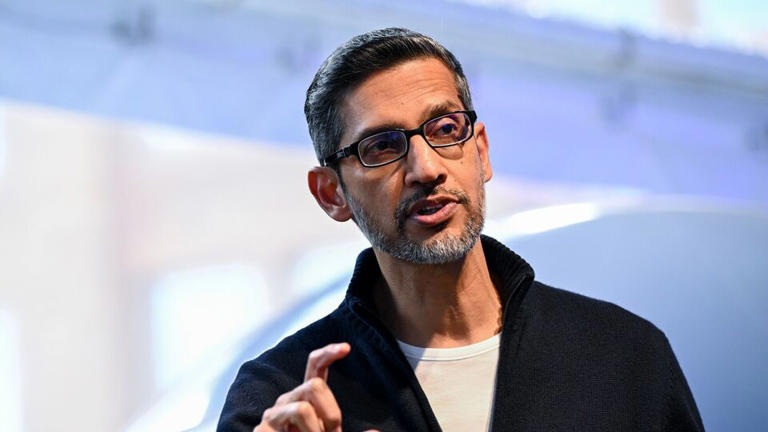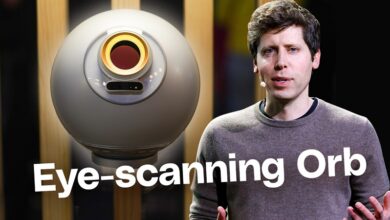Google chief Sundar Pichai explains why AI can’t replace human coders just yet
News Mania Desk / Piyal Chatterjee / 9th June 2025

AI-driven tools such as ChatGPT and Gemini are advancing swiftly, and businesses are now creating new autonomous tools that may possibly take over specific human jobs. The trend started earlier this year when OpenAI introduced a Deep Research agent, which it asserted could take the place of entry-level research assistants. Subsequently, OpenAI launched its Codex software engineering agent, and later, at I/O 2025, Google introduced its coding agent, Jules.
Even with the emergence of these coding agents and a strong caution from Anthropic CEO Dario Amodei that half of all entry-level white-collar jobs may be lost in the next one to five years, Google CEO Sundar Pichai stays hopeful. In a recent podcast with Lex Fridman, Pichai noted that although AI assistance is currently involved in 30% of all code written at Google, the technology is enabling humans to accomplish more, and Google intends to increase hiring of software engineers in the near to mid-term.
“I think a few things. Looking at Google, we’ve given various stats around 30% of code now uses AI-generated solutions or whatever it is. But the most important metric, and we carefully measure this, how much has our engineering velocity increased as a company due to AI. And it’s tough to measure, and we rigorously try to measure it. And our estimates are that number is now at 10%.” Pichai told the podcaster.
“Now, across the company, we’ve accomplished a 10% engineering velocity increase using AI. But we plan to hire more engineers next year. Because the opportunity space of what we can do is expanding too. And so, I think hopefully, at least in the near to mid-term, for many engineers, it frees up more and more of the, even in engineering and coding, there are aspects which are so much fun. You’re designing, you’re architecting, you’re solving a problem. There’s a lot of grunt work, which all goes hand in hand.” The Alphabet CEO added.
“But it hopefully takes a lot of that away, makes it even more fun to code, frees you up more time to create, problem-solve, brainstorm with your fellow colleagues, and so on. So, that’s the opportunity there. And second, I think it’ll attract, it’ll put the creative power in more people’s hands, which means people create more, that means there’ll be more engineers doing more things.” Pichai further noted.






